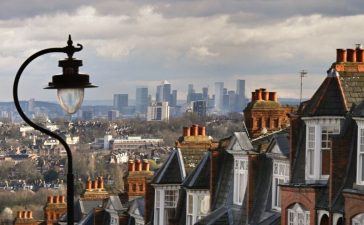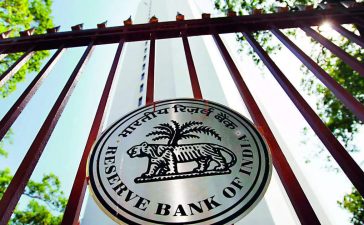Charles Bronson, one of the UK’s longest serving and most notorious prisoners, has told a parole hearing that he is now a “man of peace” and just wants to “go out and do my art”.
Bronson, 70, who has been in jail for 48 years, almost continuously, much of it in solitary confinement, said he had deserved “a good 35 years” of that stretch because he had been “naughty” but he is now reformed.
The parole hearing, which began on Monday, is Bronson’s eighth – the previous seven having been unsuccessful – but his first (and just the second ever) to be held in public.
He told the three-person panel at HMP Woodhill, Milton Keynes: “I am terrified of the consequences of my actions because I know if I do anything serious ever again I will die in prison.”
Bronson said he spends 23 hours a day in his cell, a large part of it doing art, which he says has raised thousands of pounds for charity. “I am anti-crime, I am anti-violent, I just want to go out and do my art,” he said.
He repeatedly stressed that he had changed and said he would not repeat his past but answered “maybe” when asked whether he regretted his offences and said he was not ashamed of his life or 11 instances of hostage-taking in prison.
He showed frustration at questioning about his past, particularly the incident when he took prison art teacher Phil Danielson hostage for two days in 1999, for which he received an indeterminate life sentence, with a minimum of three years, in 2000. He questioned its relevance given the time that has elapsed but later said he was sad for Danielson and would like to meet him.
Bronson, who was born Michael Peterson but changed his name to Charles Bronson and later to Charles Salvador, was jailed for seven years in 1974 for offences including armed robbery.
Bronson was wearing a dark suit, white shirt with dark braces, and a dark tie. Before he gave evidence he could be seen rocking his chair backwards and forwards, sometimes appearing to stare at the ceiling, He was wearing dark glasses, which he said were not for “sinister reasons” but because repeated solitary confinement – 40 years, he said – had made his eyes sensitive to light.
Asked about three confrontations with prison guards, a panel member said to Bronson: “That’s not peace-loving is it?” Bronson replied that it was in response to being treated badly in prison. “A rumble clears the air, I love a rumble … what man doesn’t?” he said. But he later said he was too old to fight and if he were released and someone tried to make a name by attacking him, he would say: “Come on mate. There’s a cafe over there, let’s go and have a cup of tea.”
He was later asked why he hadn’t always been able to use his techniques, such as deep breathing, to stay calm, Bronson replied: “Sometimes in life … people push push push, take the piss, it’s blatant piss taking and some people need a slap. It’s simple as that.”
He characterised much of his violence within bars as a protest against conditions within the prison system, describing himself as “a retired prison activist”. He said, especially in the 1970s and 1980s, “it was a brutal environment” and if a dog was treated in the same way, it would have moved the RSPCA to intervene.
Asked about an incident in 2015 when he threw his own faeces at another prisoner, Bronson claimed the inmate had killed four people and had insulted him and threatened to stab him. Bronson said: “I should have hung him.”
Bronson showed frustration at the pace of proceedings at times, at one point saying: “We’ll be here all day.” When his solicitor, Dean Kingham asked for a comfort break, Bronson said: “I’m getting bored of this, crack on Dean.” He also told the panel that half of the 738-page dossier before them was “crap”.
His prison offender manager said since she took over Bronson’s case he had made documented threats against prison staff but never resorted to violence. She said he had made progress but feared he would not cope if moved from his current close supervision centre for eight people into the community or even to a large prison wing. A psychologist concurred.
The hearing, which is being livestreamed from the prison to the Royal Courts of Justice, in central London, resumes in public on Wednesday and there will be a closed session on Friday.











